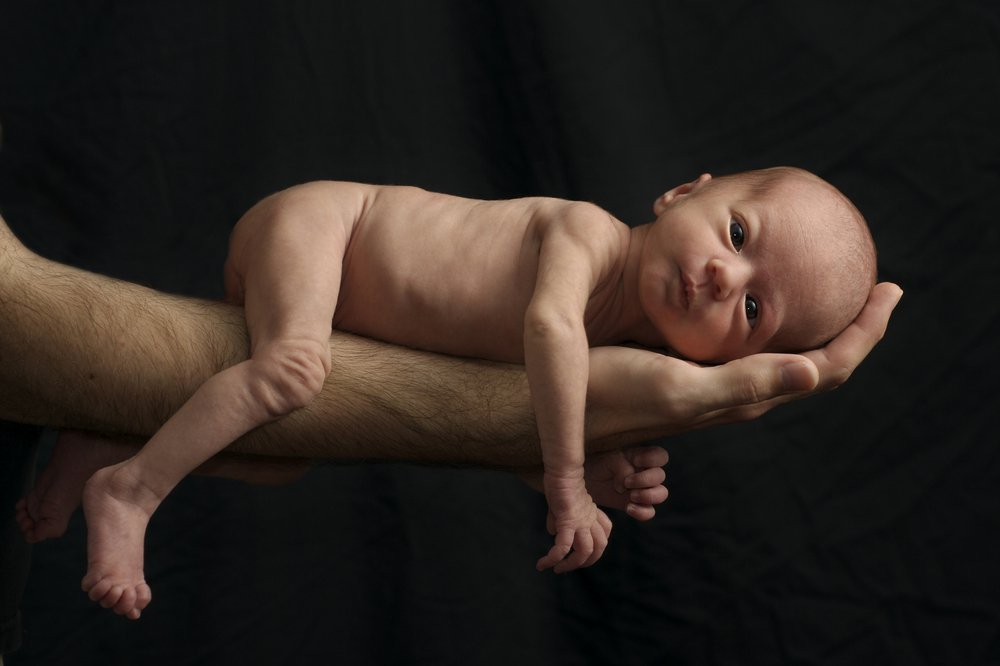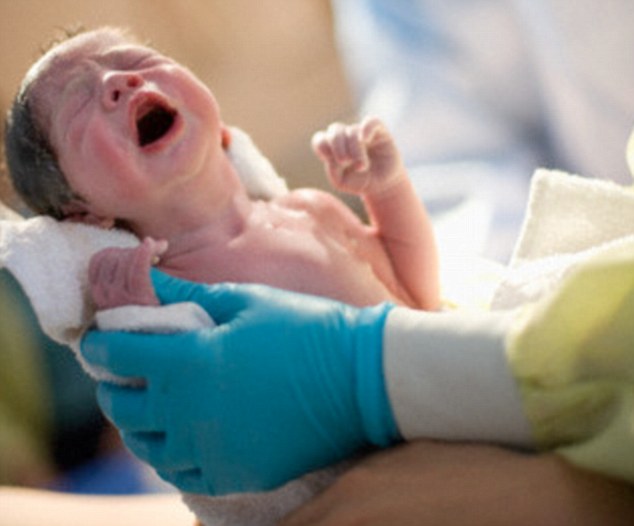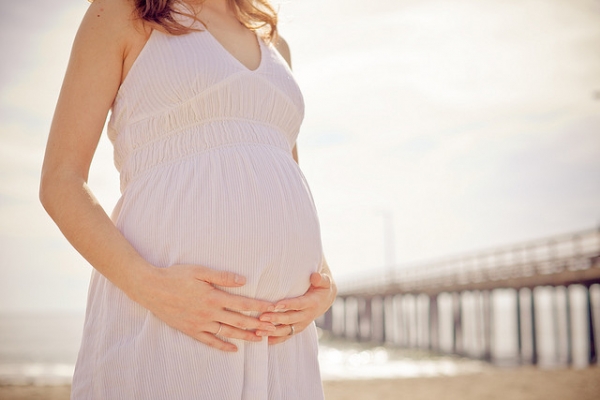Babies With Low Birth Weight
The average birth weight in the United States is 7½ lb, which is 3½ kg or 3500 g. Any weight between 5½ lb (2½ kg or 2500 g) and 8¾ lb (4 kg or 4000 g) is within the normal range. Low birth weight refers to babies who weigh less than 5½ lb (2½ kg or 2500 g) at birth. Very low birth weight refers to babies who weigh less than 3⅓ lb (1½ kg or 1500 g) at birth. Babies are born with low birth weight because of prematurity (being born too early), poor intrauterine growth (growing too slowly in the womb), or both. OCCURRENCE OF LOW BIRTH WEIGHT In 2012, 8% of babies born in the United States had low birth weight and 1.4% had very low birth weight. About two-thirds of low-birth-weight babies are premature. Premature birth refers to babies being born earlier than 37 weeks in the womb (the typical amount of time is 40 weeks or 9 months). The other one-third of low-birth-weight babies have poor intrauterine growth without necessarily being born prematurely. Almost all very low-birth-weight babies are premature. Many are extremely premature, which means born earlier than 25 weeks.
CAUSES In the United States, some of the most common causes of low birth weight are Multiple gestation (carrying more than 1 fetus, usually twins or triplets) Substance abuse, such as smoking, drinking alcohol, or using illegal drugs while pregnant Chronic medical conditions such as high blood pressure HEALTH RISKS FOR BABIES WITH LOW BIRTH WEIGHT Low birth weight can affect nearly every organ in the body. Some low-birth-weight babies need special care in the hospital after birth. They may need help with breathing, staying warm, protection against infection, and getting enough nutrition. They may have problems with their lungs, intestinal tract, vision and hearing, and future developmental delays. Some of these problems will get better over time, but some may be lifelong. For very low-birth-weight babies, specific health concerns vary greatly and are closely linked to their birth weight.
PREVENTION If you are pregnant or planning to become pregnant, some things you can do to decrease your chance of having a baby with low birth weight include Avoid smoking and drinking alcohol. See a doctor as soon as you think you are pregnant and continue getting regular prenatal checkups throughout pregnancy. Tell your doctor if you have had a baby with low birth weight in the past; there may be specific things you can do to help prevent it from happening again. Research By Jill Jin, MD, MPH Retrieved From: http://jama.jamanetwork.com/article.aspx?articleid=2091990# JAMA. 2015;313(4):432. doi:10.1001/jama.2014.3698.
|
|




















